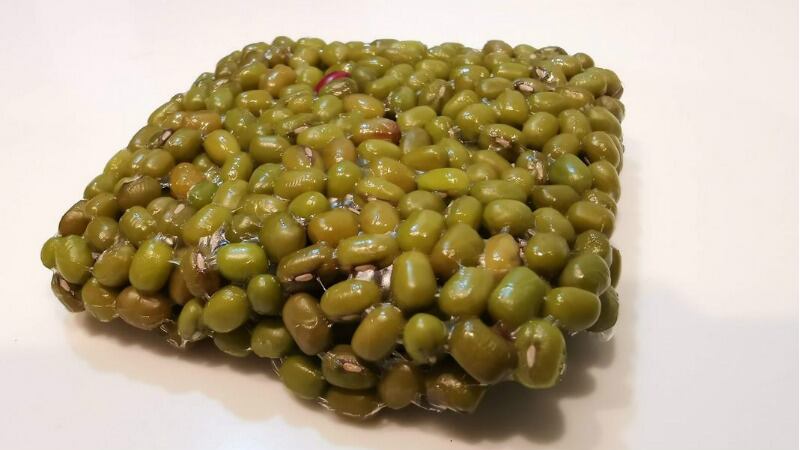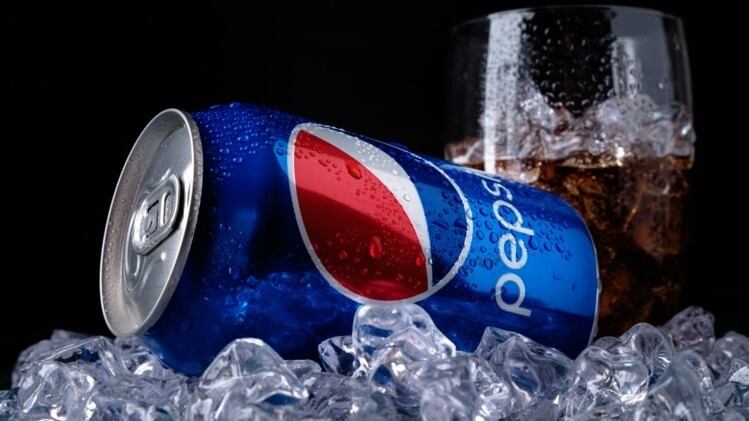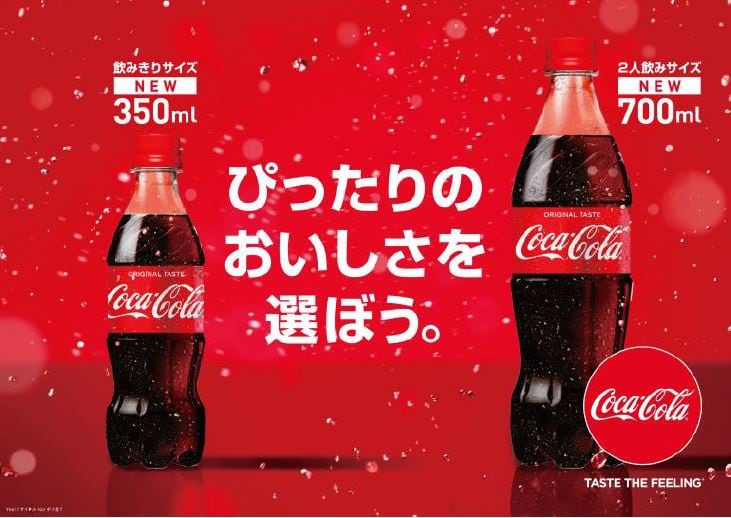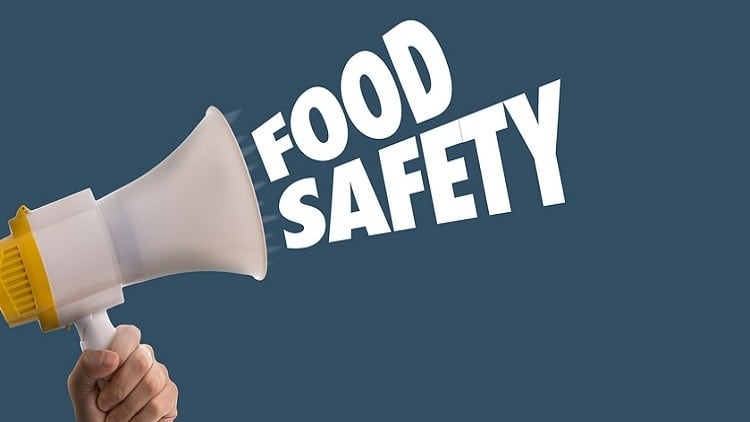Their technology is deemed the ‘PICAS block’ and won the prestigious Institution of Engineering and Technology (IET) global engineering challenge recently, answering IET challenge partner Greenpeace’s problem statement of reducing single-use plastic in supermarkets.
“[The] PICAS Block is made by immobilising beans with starch, and protecting the block with carageenan film,” Ivan Ling, Project Lead of the winning team NanoMalaysia told FoodNavigator-Asia.
“As starch is easily dissolvable, but carageenan is only dissolvable in hot water, PICAS Block can be easily released by soaking it in hot water. This softens the carageenan, allowing users to tear and remove the carageenan layer and expose the starch to the water which then softens and dissolves easily, releasing the beans.”
After release, the beans are said to taste ‘just the same’ and can be used for cooking immediately.
Carrageenan is a red seaweed that is widely used in the food industry for functions such as gelling, and thickening. At room temperature and under normal conditions, the carageenan film prevents water from entering the block and thus makes it last longer.
“The hard carageenan layer also shrinks in the packing process, keeping the beans in stress (like a vacuum pack), thus giving the blocks their mechanical strength,” Ling said.
Crucially, this technology means that the beans can be sold as blocks, placed directly on aisles alongside other foods, and can also go directly into trolleys or shopping bags without the need for any other form of packaging, such as clear plastic bags which are commonly used when buying custom weight portions of beans or other dry foods from large bins in supermarkets today.
He added that both carrageenan and starch were shortlisted as their project materials after the team completed various experiments and found these to be the ‘most suitable combination’.
“[The one possible hindrance] is that the user will have to physically peel of the softened carageenan. [There] wouldn’t be such a problem if gelatine was used instead, but [we wanted this to be] ideal for vegan users as well, [and] gelatine is sourced from animals,” he explained.
The starch is sourced from tapioca, hence does not pose a similar issue.
Team NanoMalaysia comprises of four engineering PhD students from the University of Southampton Malaysia, University of Malaya and Universiti Teknologi PETRONAS (UTP) who had previously also participated in the Malaysian National Nanotechnology Olympiad.
Future potential
At present, the team’s main focus is on further developing the technology for use with beans, but has plans for other similar types of foods as well.
“Currently we are aiming to package loose green food that will be cooked right after it is released,” said Ling.
“[Our] main target [at present] is beans, but we will be looking into things like grains and lentils as well.”
The local Ministry of Energy, Science, Technology, Environment and Climate Change (MESTECC) has shown interest in this technology, and Ling believes that it definitely holds commercialisation potential.
“[We] recently met representatives from MESTECC, and are looking for commercial partners to adopt the technology. Our main target are suppliers and premium supermarkets where consumers are more environmentally conscious,” he said.





